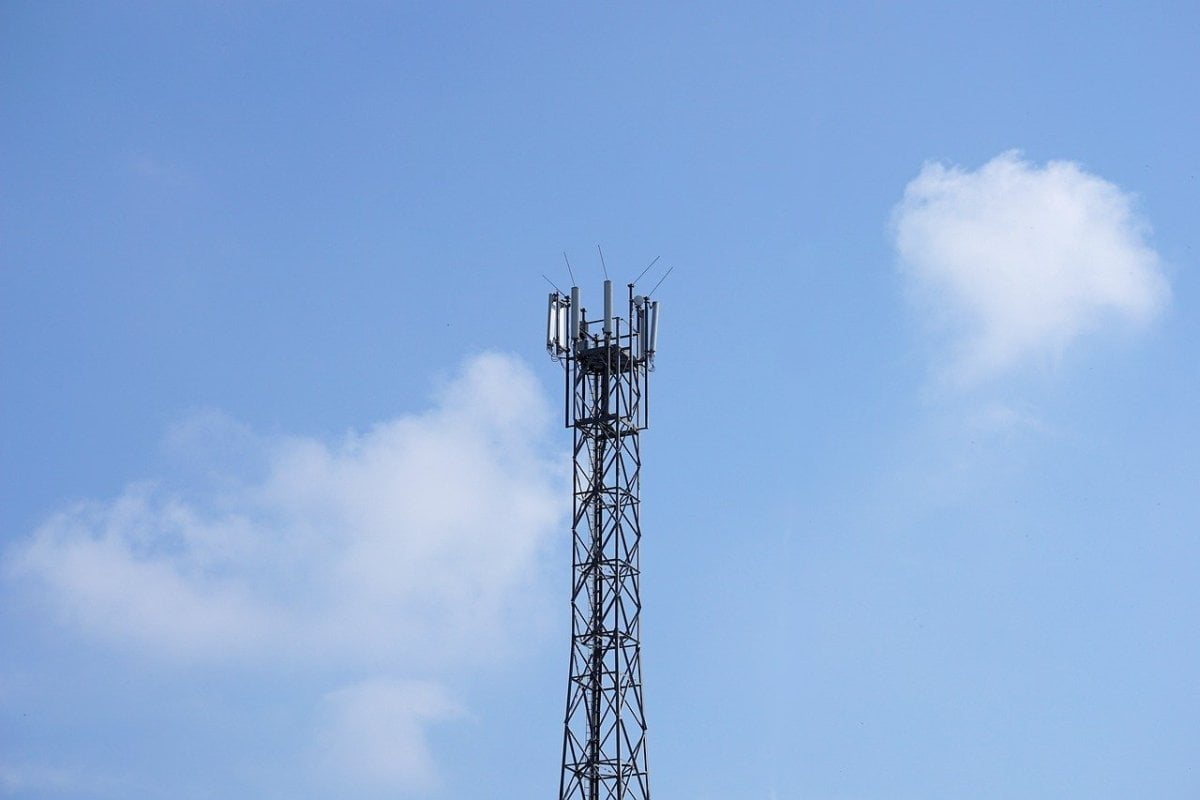
The problem between the OTT (over-the-top) players and the telecom operators have become quite major. Telcos have been feeling that OTT players are treated differently even when they offer the same services. It is worth noting that the telcos and OTT communication players such as WhatsApp and Telegram, and more offer texting, voice and video calling, as well as sharing files services to their customers. But here, the telcos have to pay money in the form of levies to the government for purchasing spectrum and earning revenues from the customers. The OTT communication players don't need to do any of this, and yet they can offer similar services.
To make matters worse for the telcos, the OTT players benefit from the seamless network services that the telcos provide to users and get customers through that. So essentially, the OTT players are making money on the back of the investments that the telcos are making on their networks. A counter-argument that can be made here is that the telcos are also witnessing higher data usage (resulting in a bump in their revenues) because the OTT players are incentivising their users to use the online platforms more to communicate.
Read More - BSNL 4G, What’s So Interesting About it
That is true in a sense. A user communicating via WhatsApp would require mobile data that he/she would have to purchase from the telco, thus positively affecting the revenues of the telecom operator. But the telcos are still not happy with the current rules and the way they are treated against the treatment that the OTT players get.
Telcos have requested that there should be a revenue-sharing model between the OTT players and them. It is something hard to digest and even more complex to execute for the companies. People from both sides have been making arguments over why they are right. OTT players won't likely agree to a revenue-sharing model, and then the telcos can't really do anything because the government isn't doing anything.
Read More - Postpaid Consumers Care More About Quality than Tariffs
I am not implying that the government has to do something here. But the fact is that until the government takes a step towards helping the telcos get their agenda in place, nothing is going to change. One thing that's likely to happen in the near future is the regulation of OTT communication players in India. It would be light-touch regulation and not something like the manner the telcos are regulated. This is because the OTT players don't take spectrum from the government and don't really build physical infrastructure in the manner the telcos do.















